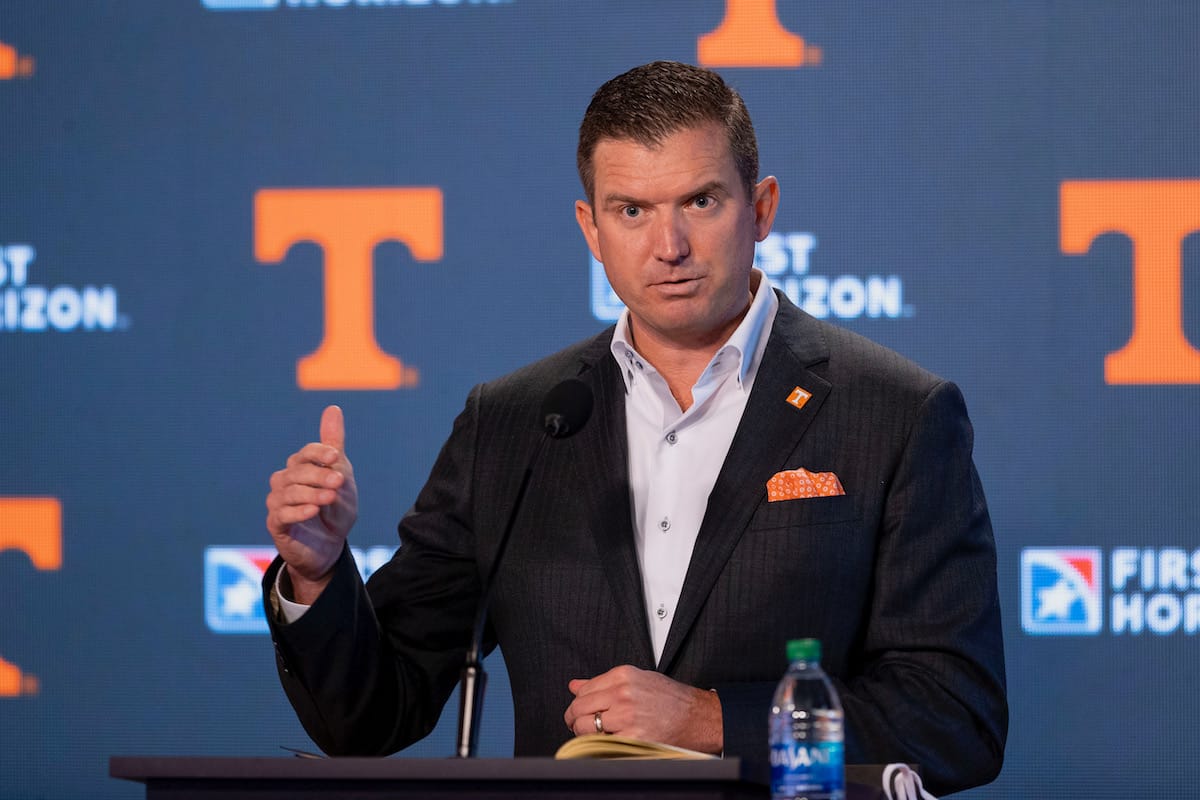University of Tennessee Introduces 10% ‘Talent Fee’ to Prepare for Future of Revenue Sharing in College Athletics

KNOXVILLE, Tenn. – As college athletics brace for a seismic shift in how student-athletes are compensated, the University of Tennessee is getting ahead of the curve by implementing a 10% “Talent Fee” on season tickets starting in 2025. Along with an average 4.5% increase in ticket prices, the new fee is part of a broader strategy to prepare for the financial implications of the House vs. NCAA settlement, which will enable schools to share up to $22 million of their annual revenue with athletes.
Tennessee's decision comes as universities nationwide scramble to offset these new player compensation requirements. With an expected $30 million annual cost to cover athlete payments, the university is targeting its fanbase to help generate necessary funds. The Talent Fee will apply to all season-ticket holders, single-game tickets, and even donations, pushing the total price hike to around 14.5%.
A university spokesperson explained that Tennessee hopes the fee will bring in an additional $10 million per year, helping to manage the burden of compensating student-athletes. "We’re aiming to be leaders in revenue sharing,” said the spokesperson, noting that schools like Georgia have already begun raising ticket prices in response to similar financial pressures.
For Vols fans feeling the pinch, Tennessee is offering a ten-month payment plan to spread out the cost. This move reflects the new reality of college athletics, where universities must find creative ways to fund the upcoming player payments without sacrificing the overall fan experience.
A New Era for College Athletics
The NCAA’s shift to a revenue-sharing model represents a transformative moment in college sports, as schools must now balance competitive excellence with financial sustainability. Tennessee’s proactive approach with the Talent Fee marks one of the first significant steps taken by a major university to address these looming changes.
Chris Del Conte, the Vice President of Athletics, emphasized the importance of transparency. “We want our fans to know exactly why these increases are happening and how this money will directly support our athletes,” Del Conte stated.
Success Across Sports Softens the Blow
While the Talent Fee may come as a shock to some, Tennessee is betting that the Vols’ on-field success will keep fans engaged. Neyland Stadium is currently undergoing significant renovations to enhance the gameday experience, and the university’s athletic programs are thriving across multiple sports.
The football program boasts a 15,000-person waitlist for season tickets, while Tony Vitello led the baseball team to a national championship this year, and men’s basketball games are drawing capacity crowds. These achievements provide Tennessee with leverage, as fans are more likely to accept price hikes in exchange for a successful, entertaining product.
Looking Ahead: A Bold Move in Changing Times
As Tennessee steps into the future of college athletics, the introduction of the Talent Fee signals the beginning of a new era. While other universities will undoubtedly follow suit with similar price increases, Tennessee’s ability to maintain fan loyalty will hinge on its continued athletic success. By enhancing its facilities and fostering winning programs, the university hopes to justify these higher costs while supporting its student-athletes in this evolving landscape.
In the years to come, as the revenue-sharing model reshapes college sports, the Vols are positioning themselves as trailblazers. It’s a bold move, but in a world where paying athletes is the new norm, Tennessee is finding a way to make it happen—while keeping the future of its programs at the forefront of their strategy.

Comments ()